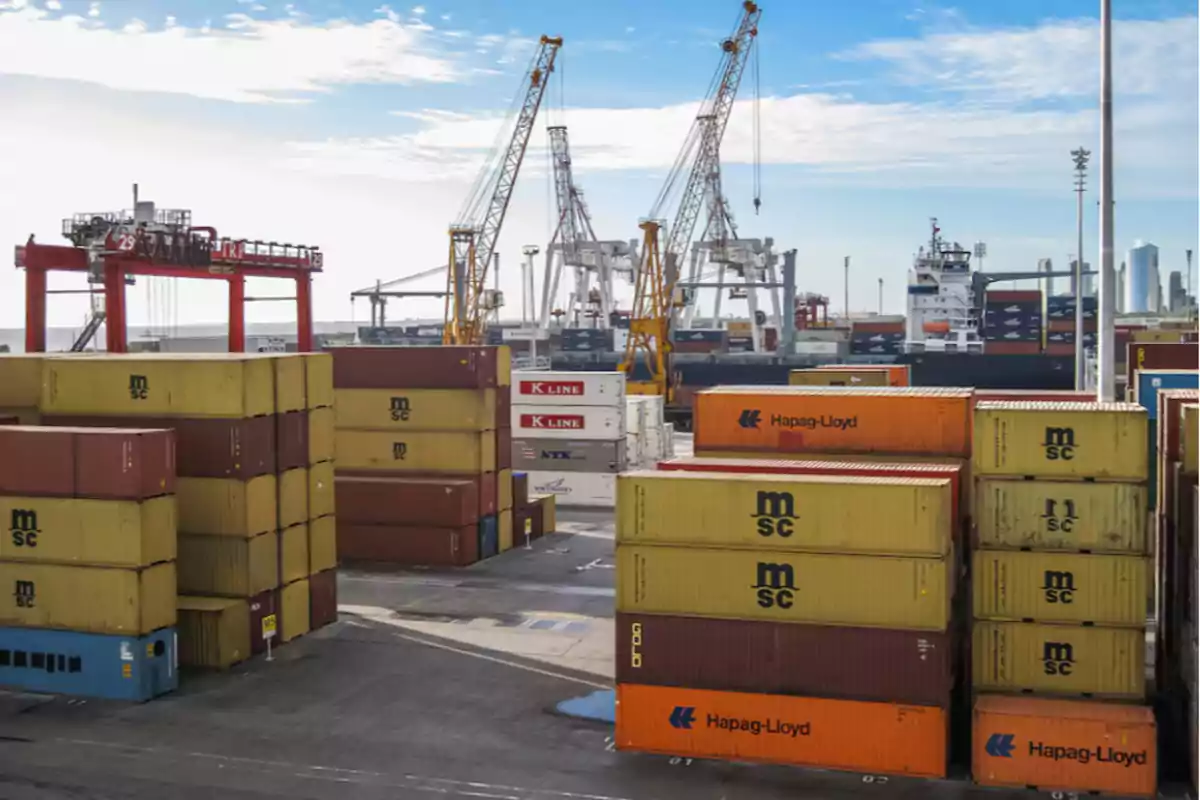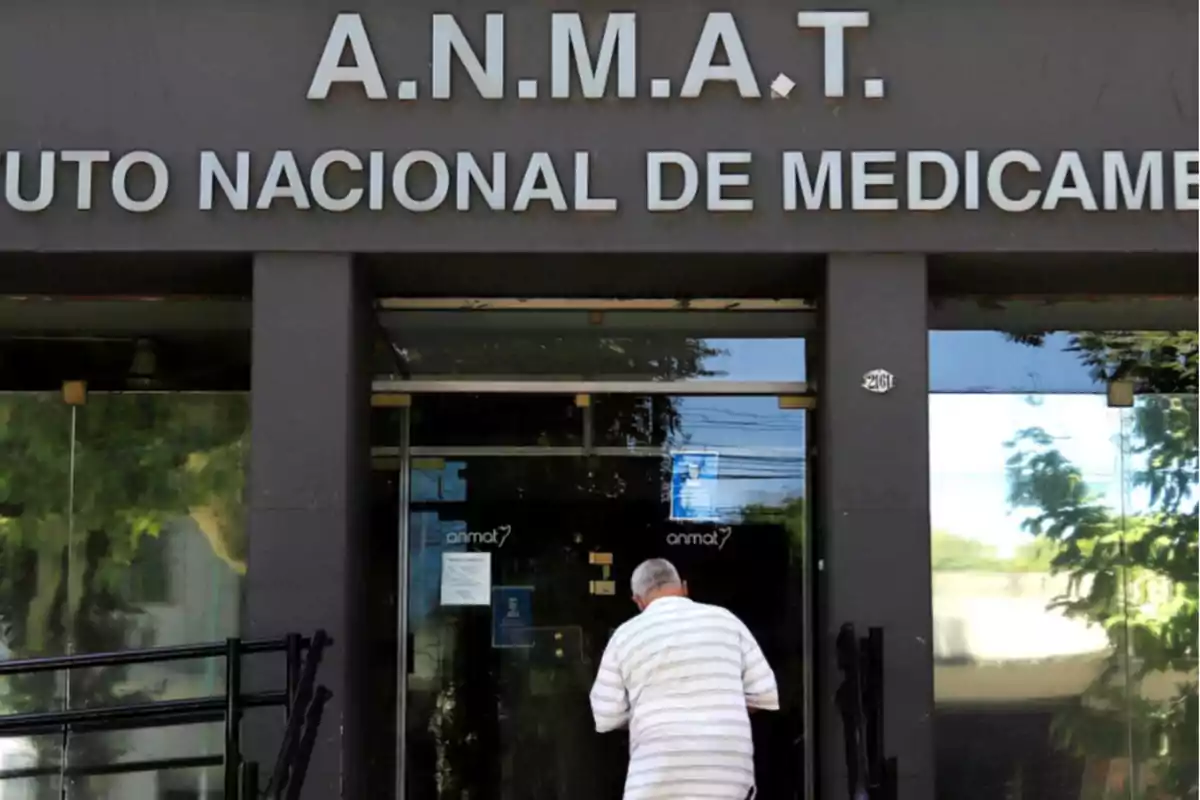
The government simplified the importation of food and industrial supplies
The Executive speeds up imports through 100% digital procedures and less bureaucracy
The national government is moving forward with the simplification of foreign trade with the goal of streamlining imports of key inputs for production and reducing domestic prices. The Revenue and Customs Control Agency (ARCA) published General Resolution 5731/25, which incorporates into the Argentine Single Window for Foreign Trade (VUCEA) the procedures related to the importation of food and products valued at origin.
From now on, Importers can submit, manage, and validate online the Licenses, Permits, Certificates, and Other Documents (LPCO) certificates, which allows for smoother interoperability between ANMAT and ARCA. This eliminates the need for intermediaries and in-person procedures before ANMAT, which previously caused delays and errors in documentation.
According to official sources, the decision aims to reduce bureaucracy, speed up processes, and improve traceability. This is another step in the line of reforms that the government had already promoted in previous months, when it eased the importation of donated or personal-use food, allowing operations via courier without cumbersome requirements.

Additionally, since the beginning of the year, the entry of food certified by countries with high sanitary surveillance has been allowed without restrictions, which are automatically incorporated into the Argentine Food Code. Obligations related to the registration of samples, products, warehouses, and utensils have also been eliminated.
Less bureaucracy also for industrial inputs
ARCA has also moved forward with General Resolution 5730/25, which simplifies and digitizes the import process for relevant industrial inputs such as paper, cardboard, plastics, ferrous and non-ferrous scrap, textiles, and other essential materials for production. From now on, all documentation is submitted at a single digital entry point, avoiding redundant procedures before multiple agencies.
The procedure can already be consulted in the "External User Manual", available on the official VUCEA microsite.
This measure is especially relevant in a context where local costs of industrial inputs are significantly higher than in neighboring countries. A survey by IERAL (Mediterranean Foundation) on 17 key goods revealed that in 51% of cases, inputs in Argentina are more expensive than in countries such as Brazil, Paraguay, or Uruguay. Paraguay, in particular, shows the largest gap: 73% of products are cheaper there.

Reduction of tariffs on capital goods
In line with the policy of facilitating access to productive inputs, the Executive has also significantly lowered tariffs for the importation of 29 essential capital goods. The rate was reduced from 20%-35% to just 12.6%.
Among the equipment benefiting are metallurgical machinery such as presses, folding machines, and laser cutters; equipment for the oil industry; bakery ovens, ice cream machines, elevators, industrial fans, and centrifugal pumps. The tariff was also reduced for lithium-ion electric accumulators up to 1,500 V per module, a key technology for energy storage during periods of high demand.
Taken together, the measures aim to improve the competitiveness of domestic industry, lower structural costs, and facilitate the incorporation of technology in strategic sectors.
More posts: